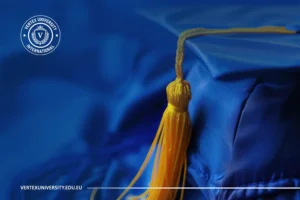With the advancement of technology and the growing reliance on digital education, student activities have come to play an important role in supporting the learning process. These activities are no longer limited to traditional formats; they have evolved to incorporate digital tools that contribute to skill development and enhance the overall university experience.
Student Activities Amid Digital Transformation
The digital shift has expanded the scope of student activities to include online platforms, virtual workshops, and internet-based initiatives. These activities help students develop new skills such as managing digital events, using virtual communication tools, and organizing remote functions. Through such involvement, students are better prepared to adapt to digital work environments that demand flexibility and efficiency in using technology.
The Impact of Student Activities on the Educational Process
Digital student activities play several key roles in enhancing university education, most notably:
-
Developing Digital Skills: By using various applications and digital platforms, students gain hands-on experience with technologies that are increasingly vital in today’s job market.
-
Encouraging Self-Learning: Digital activities motivate students to research and explore topics beyond the traditional curriculum, broadening their academic horizons.
-
Fostering Teamwork and Communication: Online activities offer opportunities to interact with peers and collaborate in digital teams, strengthening skills in cooperation and virtual project management.
-
Enhancing a Sense of Belonging: Despite the remote nature of digital learning, student activities help build a connected university community, improving the educational experience and reducing feelings of isolation.
Student Activities at Vertex International University
At Vertex International University, student activities are considered an essential part of a well-rounded educational experience. The university offers a diverse range of activities including cultural, athletic, and artistic events, allowing students to express their creativity and talents. A strong emphasis is placed on integrating technology into these activities, making it easier to organize events and facilitate communication through innovative digital platforms. These activities enable students to build strong networks, cultivate teamwork, and better prepare for the challenges of the modern job market.
Conclusion
Digital student activities are a core component in supporting the transition toward comprehensive digital education. By providing opportunities for practical learning and developing both digital and social skills, these activities contribute to producing graduates who are more adaptable to future challenges. It is therefore essential for universities to invest in the development of digital student activities to ensure a holistic and modern higher education experience. This is exactly what Vertex University prioritizes through its student programs, offering the highest standards of educational quality and an ideal model of university life in the age of digital transformation and e-learning.








